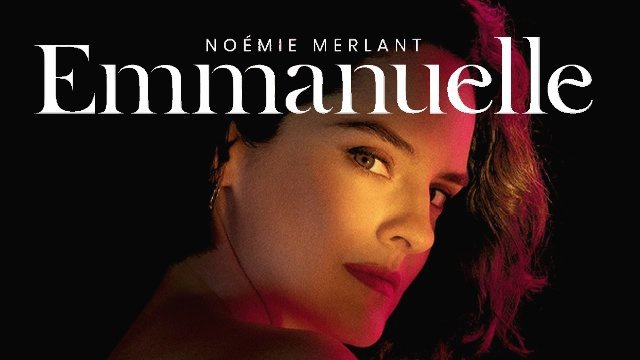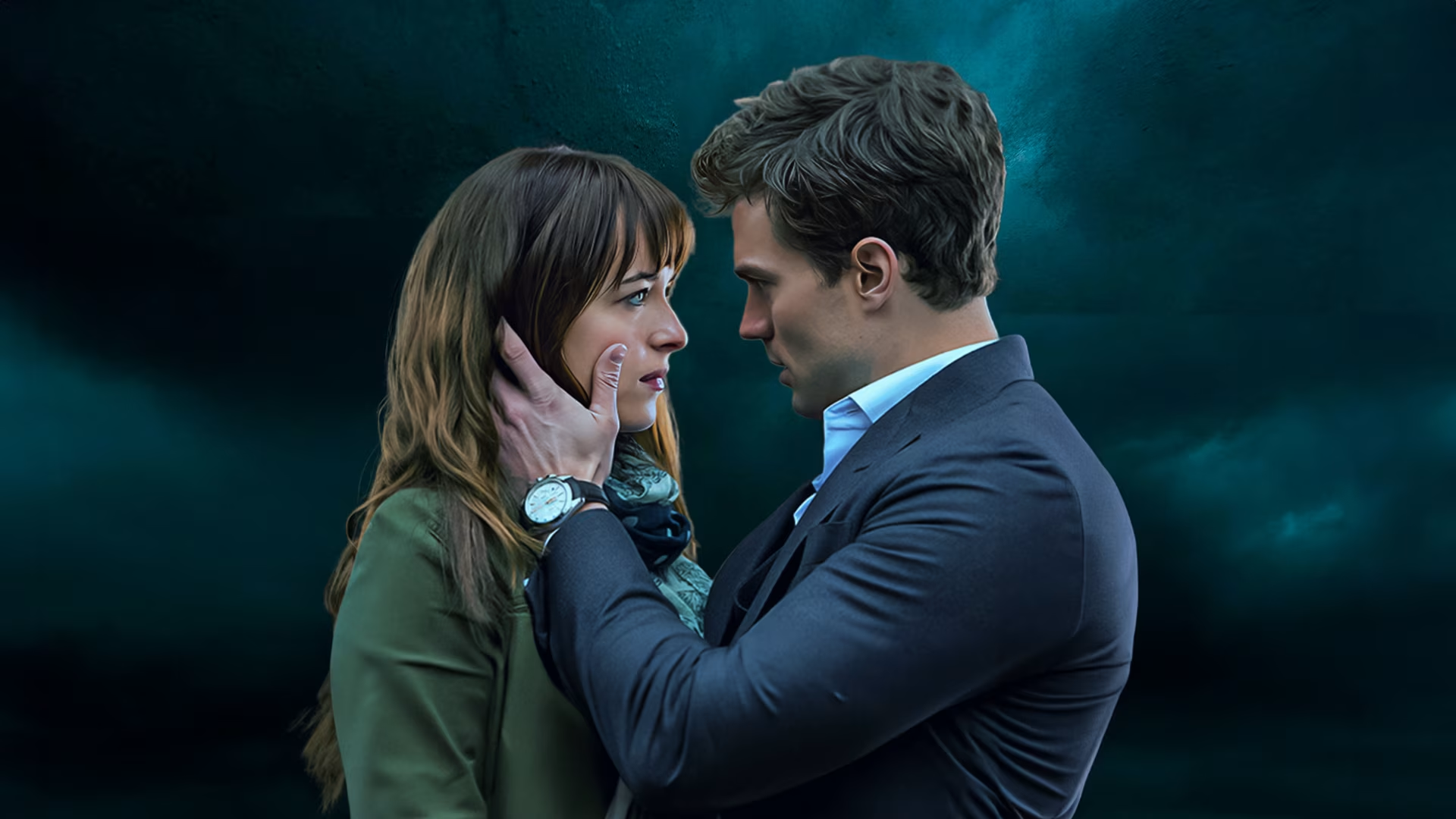Emmanuelle (1974): The Film That Redefined Erotic Cinema

Few films have had the cultural impact — or the controversy — that Emmanuelle did when it was released in 1974. Directed by Just Jaeckin and based on the novel by Emmanuelle Arsan, this French softcore erotic film became a sensation, breaking box office records and redefining how sexuality was portrayed on screen.
But Emmanuelle was more than just provocative imagery. It was a symbol of changing attitudes in the 1970s — about women, freedom, and desire.
The Story: A Journey of Sexual Awakening
Emmanuelle follows a young, beautiful woman (played by Dutch actress Sylvia Kristel) who travels to Bangkok to be with her diplomat husband. In the sultry, foreign atmosphere of Southeast Asia, Emmanuelle embarks on a journey of self-discovery, exploring her sexual desires beyond traditional norms.
Guided by older, more experienced figures — particularly the enigmatic Mario — Emmanuelle learns to break free from the constraints of conventional morality, embracing a world of sensual experimentation.
But beneath its surface, the film also touches upon deeper themes of loneliness, the complexities of love, and the search for identity beyond physical pleasure.
Sylvia Kristel: The Face of a Generation
Sylvia Kristel’s portrayal of Emmanuelle is iconic. She brought a natural, effortless sensuality to the role, making the character feel less like an object and more like a curious, open-hearted participant in her own liberation.
Kristel became a global star overnight, and her image — often seated in the famous wicker chair — became one of the most recognizable visuals of the 1970s. Despite being typecast afterward, her performance in Emmanuelle remains a defining moment in cinema history.
A New Era of Erotic Storytelling
Before Emmanuelle, erotic films were largely relegated to underground markets. What set Emmanuelle apart was its high production value, artistic cinematography, and — crucially — its appeal to a mainstream audience, especially women.
It wasn’t just about titillation. The film’s gentle, almost dreamlike tone suggested that erotic experiences could be beautiful, philosophical, and emotionally complex.
Its success paved the way for future films that explored sexuality with more nuance, making Emmanuelle a cultural milestone as much as a cinematic one.
Controversy and Legacy
Naturally, Emmanuelle stirred considerable controversy. Critics were divided — some praised its artistry, others condemned it as exploitative. Yet audiences flocked to theaters, and the film’s enormous commercial success led to a long-running franchise, sequels, spin-offs, and even parodies.
Beyond the box office, Emmanuelle left a lasting impact:
- It helped destigmatize erotic storytelling in mainstream cinema.
- It opened conversations about female sexual agency.
- It influenced fashion, photography, and pop culture for decades.
Today, while the film’s style and pacing may feel dated, its cultural significance remains undeniable.
Final Thoughts
Emmanuelle isn’t just an erotic film — it’s a symbol of a cultural moment when traditional boundaries around sexuality, especially women’s sexuality, began to shift. It’s a product of its time: bold, dreamy, and controversial.
If you approach it not just for its sensuality but for its quiet revolution in storytelling, Emmanuelle becomes more than a curiosity from the past — it becomes a landmark in the history of cinematic freedom.



